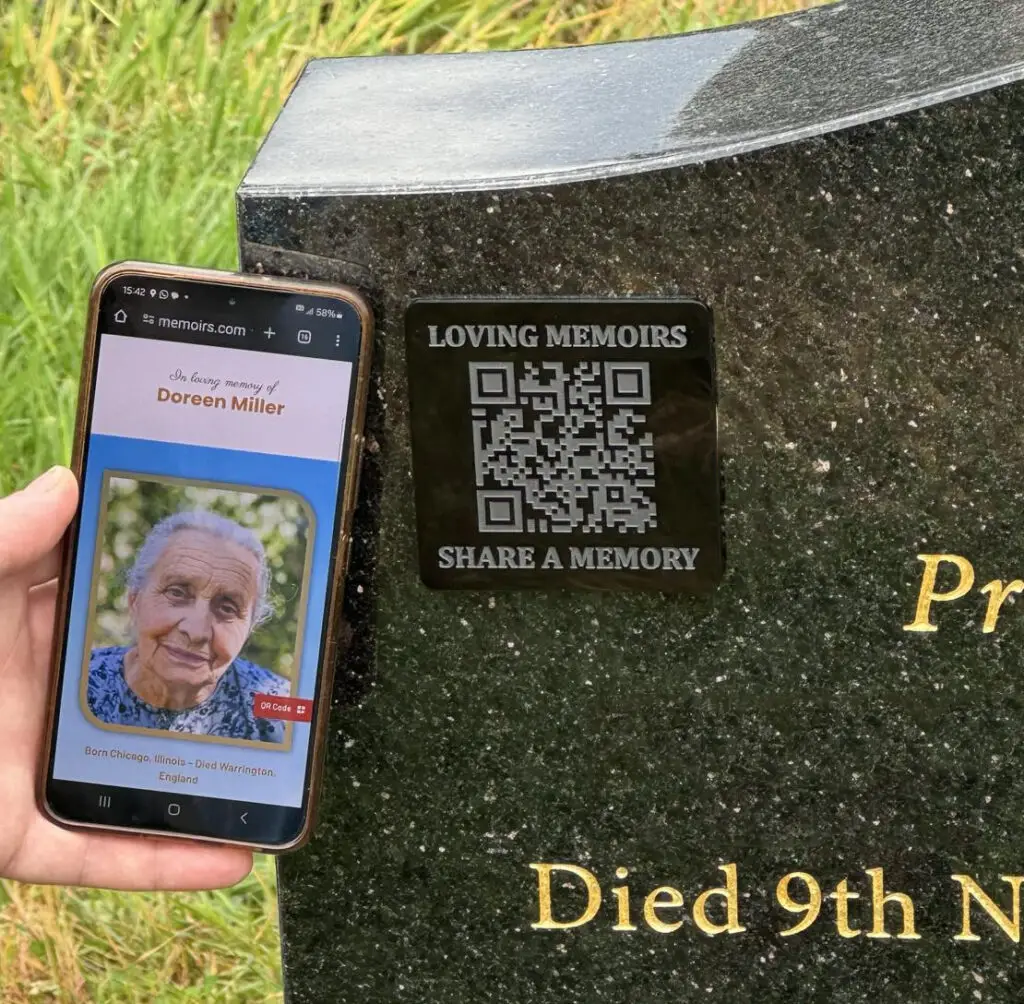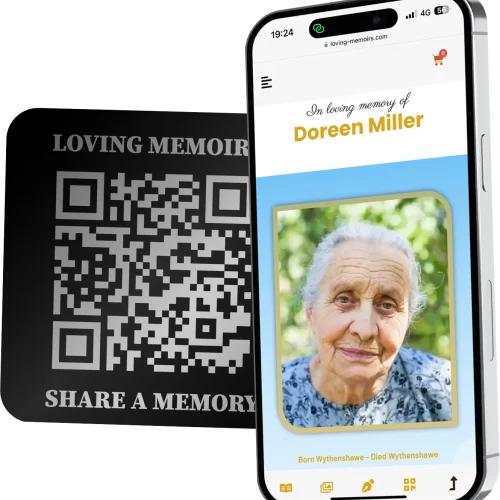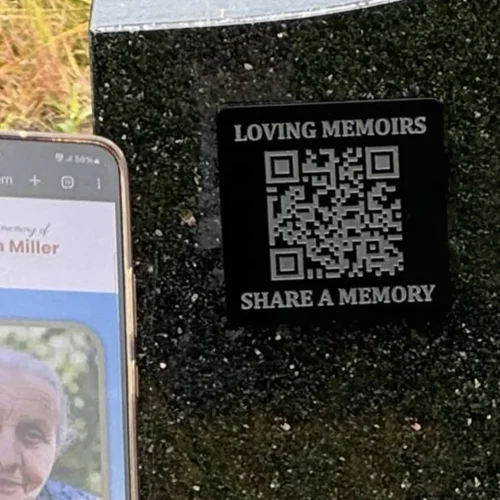Grief is a natural response to loss. It involves the emotional pain when something or someone dear is gone. This pain is strong, leading to emotions like shock and anger. Other feelings can include disbelief, guilt, and deep sadness.
Coping with the loss disrupts our lives. Simple tasks like sleeping or eating become hard. The grieving process affects our physical health too.
The experience of grief is tough, whether through death, a breakup, job loss, or other changes. It can turn life upside down. But, with the right grief management and support, healing is possible. You can find meaning again and move on.
Understanding the Grieving Process
Types of Loss and Grief
Grief comes from many types of loss, not just losing a loved one. People might grieve over losing a pet, a break up, health issues, or a job. Other common losses include a miscarriage, retirement, or a dream not coming true. Even graduating or moving away from home can cause grief.
Stages of Grief
In 1969, Elisabeth Kübler-Ross talked about the five stages of grief. She did this after studying patients who knew they were dying. These stages are denial, anger, bargaining, depression, and acceptance. They are not just for death but for any big life change or loss too.
Individual Experiences of Grief
Grieving is personal and everyone does it in their own way. Your approach and how long it takes can depend on your personality, life experiences, and the loss’s significance. There is no set time for grieving. It varies for each person.
| Grief Reactions | Percentage |
|---|---|
| Shock and Disbelief | 100% |
| Sadness | 95% |
| Guilt | 75% |
| Fear | 60% |
| Anger | 85% |
| Physical Symptoms (fatigue, nausea, etc.) | 80% |
Grief is often compared to a roller coaster. It has ups and downs, but they get less extreme over time. A type of grief, called anticipatory grief, can happen before a big loss. Some people find it especially hard to adapt to the loss of a loved one, known as complicated grief.
Studies showed that 70% of people participating in a specialized therapy for complicated grief reported improved symptoms, compared to only 30% of those who received standard treatment for depression.
Anticipatory grief is common among long-term caregivers. There are ongoing NIH-funded studies on the grieving process. The goal is to find better ways to help people deal with the death of a loved one.
Coping with Grief
Grief is a natural reaction to losing someone or something important. There are healthy ways to deal with grief. These methods can help lessen the pain over time. They let individuals understand their loss and find new meaning in life. The grieving process is tough, but with the right strategies, people can move forward.
To cope with grief, it’s important to feel all the emotions that come with it. This includes feelings like shock, sadness, guilt, fear, and anger. These are all normal responses to grief. Remember, everyone grieves differently, and it takes time to heal.
Physical self-care is also key while grieving. You might experience fatigue, nausea, or sleep problems. Taking care of yourself with good food, rest, and light exercise can ease these symptoms. It helps keep your body healthy while your mind heals.
| Grief Management Strategies | Benefits |
|---|---|
| Joining a grief support group | Provides a safe and compassionate space to share experiences and learn coping techniques from others who have gone through similar losses |
| Engaging in creative outlets | Can help process emotions, find meaning, and provide a healthy distraction from the pain of grief |
| Practising mindfulness and meditation | Can foster a sense of calm, increase self-awareness, and promote emotional regulation during the grieving process |
| Seeking professional grief counselling or therapy | Can provide specialised support and evidence-based strategies for coping with grief and overcoming grief |
Mixing several grief management strategies can create a unique path to recovery for each person. Healing from grief takes time, caring for yourself, and getting the right kind of support. But it is possible to move forward with hope and purpose.

Finding Support During Bereavement
Losing someone dear can feel very lonely. Yet, reaching out for help is vital for healing. Support groups, be it in person or online, are safe places. Here, you can talk with others, find understanding, and get advice from those who’ve felt the same loss.
Grief Support Groups
Grief support groups are powerful for healing. They create a community where everyone understands your pain. Whether local or online, these groups let you open up. You can share your feelings and find comfort with others who are also grieving.
Some studies have shown very positive outcomes from specialised therapy for those with complex grief. 70% of the people improved with this help, compared to only 30% looking to standard depression treatments. This shows how crucial it is to have support that addresses the unique challenges of grief. Counselling and therapy are there for personalised care and advice during this tough time.







